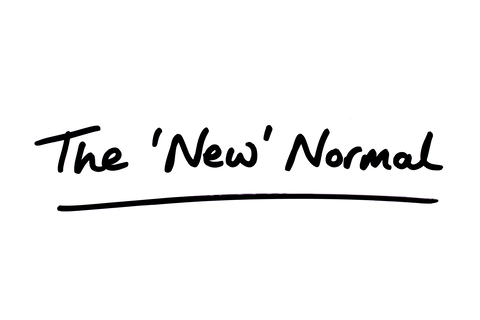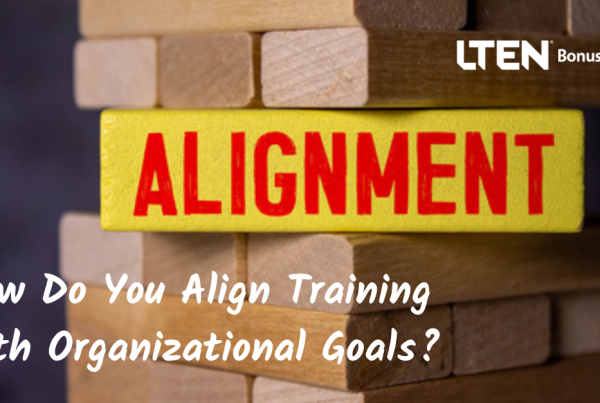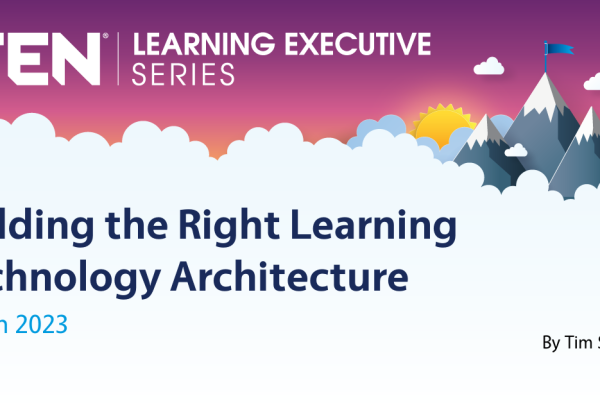
We hear the term “new normal” from news outlets, friends, family and colleagues on a regular basis. It begs the question, how do we define this coined phrase?
The “new normal” reference suggests an imposition between what we knew and what our future holds. Broadly brushed, it requires a re-examination of everything we aspire to accomplish, even the simplest of our daily tasks, our basic routines and how we interact with one another. Safeguards were implemented to protect public health and provide a pathway back to “normal.” But is normal all we want going forward?
The Difference Between Then and Now
Up until now, the playing field was somewhat understood. However, the landscape has forever changed. Adaptation is now a requirement.
To reach the level of accomplishment, satisfaction or performance that was obtained only months ago will require a greater drive, creativeness and aptitude. Not only will individuals be required to demonstrate agility, so will corporations. It’s likely many well-known and beloved businesses will cease to exist. Not a pretty picture. So, what can you do?
Three Questions You Will Need to Ask Yourself
By definition, a “new paradigm” is a model – a set of ideas, a different way of looking at something. We need to change our perspective, questions, thinking and knowledge base to thrive. If not, stagnation or degradation could occur. To adapt, there are three questions you should be asking yourself:
1. What is one skill you possess that will become obsolete and need to be replaced?
2. What is one skill in which you are competent, but need to achieve a level of mastery?
3. What is one skill you don’t already possess that you will need in the future to excel?
These are not easy questions. It will require time, thoughtfulness and retrospect to answer. However, once identified and executed, the “new paradigm” can be a pathway to greater fulfillment, success and control of your life.
Focus on What You Can Control – Your Abilities
With all change comes uncertainty, but constants remain throughout evolution.
• Talent, perseverance and ingenuity will always prevail.
• Acquiring additional skill sets will be essential to compete.
• Existing skills will need to improve.
• Going through your day on cruise control is no longer sufficient to survive. If you do, you will lose ground.
The need to continually develop and educate oneself is amplified. The mediocre will be replaced or experience difficulty seeking a re-entry point into the job market. Those who are surviving will be required to upgrade their skill set, industry knowledge and market insight.
For those who want to do more than survive, the “new paradigm” may actually provide an opportunity for renewed growth and advancement.
Charles D. Brennan Jr. is president of Brennan Sales Institute and author of “Take Your Sales to the Next Level.” Email Charles at cbrennan@brennantraining.com.








